Home>Home Maintenance>Who Orders A Home Inspection


Home Maintenance
Who Orders A Home Inspection
Modified: March 6, 2024
Looking for home maintenance? Find out who orders a home inspection and why it's essential to keep your property in top shape.
(Many of the links in this article redirect to a specific reviewed product. Your purchase of these products through affiliate links helps to generate commission for Storables.com, at no extra cost. Learn more)
Introduction
Welcome to the world of home inspections. Whether you’re a homeowner, a homebuyer, or a real estate agent, understanding the importance of a home inspection is crucial for maintaining the integrity and value of a property. In this article, we will explore the significance of home inspections and the various roles each party plays in ordering one.
A home inspection is a comprehensive examination of a property’s condition, conducted by a professional home inspector. It involves a thorough assessment of the structure, systems, and components of a house, including the foundation, electrical systems, plumbing, HVAC, and more. The purpose of a home inspection is to identify any existing or potential issues that may require attention, repairs, or maintenance.
Now, let’s take a closer look at why home inspections are so important and the different scenarios in which they are typically ordered.
Key Takeaways:
- Home inspections are crucial for buyers, sellers, and homeowners to identify issues, ensure safety, and make informed decisions about property investments.
- Real estate agents play a vital role in guiding clients, coordinating inspections, and supporting negotiations, ensuring a smooth and successful home inspection process.
Importance of a Home Inspection
A home inspection is a crucial step in the home buying process. It provides valuable insight into the condition of a property and allows buyers to make informed decisions. Here are some key reasons why a home inspection is important:
- Identifying potential issues: A home inspection can uncover hidden problems that may not be apparent to the untrained eye. These issues can range from minor repairs to major structural defects. By identifying these issues early on, buyers can negotiate repairs or adjust their offer accordingly.
- Ensuring safety: A home inspection evaluates the safety of the property. It checks for hazards such as electrical problems, faulty wiring, plumbing leaks, mold, or other potential health risks. Knowing that a property is safe allows buyers to have peace of mind and protects their investment.
- Predicting future expenses: A thorough inspection can give buyers an idea of the maintenance and repair costs they may incur in the future. This knowledge allows buyers to properly budget and plan for any necessary repairs or upgrades.
- Negotiating power: Armed with the information from a home inspection, buyers can negotiate with sellers to address any discovered issues. They can request repairs, ask for a price reduction, or seek seller concessions to cover the costs of repairs or maintenance.
- Evaluating value: A home inspection provides an objective assessment of a property’s value. If a property has extensive issues, buyers can evaluate whether the cost of repairs exceeds the value they would gain from purchasing the property.
- Long-term planning: Home inspections are not just for buyers. Homeowners can also benefit from periodic inspections to identify any maintenance or repair needs. By addressing these issues early on, homeowners can prevent further damage and extend the lifespan of their home.
Overall, a home inspection is a crucial investment that helps protect buyers, sellers, and homeowners alike. It provides peace of mind, helps avoid costly surprises, and ensures the long-term safety, functionality, and value of a property.
Role of Homeowners in Ordering a Home Inspection
While it is common for homebuyers to order a home inspection, homeowners can also benefit from scheduling an inspection, especially if they are planning to sell their property or want to ensure its overall condition. Here are a few key roles homeowners play in ordering a home inspection:
- Safeguarding their investment: Homeowners understand the importance of maintaining and preserving the value of their property. By investing in a home inspection, they can identify any potential issues that may require attention. This allows homeowners to address these issues proactively and maintain the integrity of their investment.
- Preparing for the sale: If homeowners are planning to sell their property, a home inspection can be beneficial in several ways. It provides an opportunity to assess the condition of the house and make any necessary repairs or improvements before listing it on the market. This can help attract potential buyers and instill confidence in the property’s condition.
- Reducing negotiation surprises: By ordering a home inspection before listing the property, homeowners can have a clear understanding of its condition and address any issues beforehand. This can help minimize surprises during the negotiation process with potential buyers, ensuring a smoother transaction.
- Improving transparency: Ordering a home inspection as a homeowner demonstrates transparency and honesty to potential buyers. It shows that the homeowner is proactive in ensuring the property’s condition and is willing to address any concerns that may arise.
- Gaining peace of mind: Even if homeowners are not planning to sell their property, scheduling a home inspection can provide peace of mind. It allows them to identify any maintenance or repair needs, ensuring the safety and longevity of their home.
Overall, homeowners play a crucial role in ordering a home inspection to protect their investment, prepare for a sale, reduce negotiation surprises, improve transparency, and gain peace of mind. It is a proactive step that can save homeowners time, money, and potential headaches in the long run.
Role of Homebuyers in Ordering a Home Inspection
When it comes to purchasing a home, a home inspection is an essential step for homebuyers. It provides valuable information about the condition of the property and helps buyers make informed decisions. Here are the key roles homebuyers play in ordering a home inspection:
- Protecting their investment: Homebuyers invest a significant amount of money in purchasing a property, and a home inspection helps protect that investment. By ordering an inspection, they can identify any existing or potential issues, allowing them to assess the true condition of the property before committing to the purchase.
- Gaining a clearer understanding of the property: A home inspection provides buyers with a comprehensive assessment of the property’s structural elements, systems, and components. It offers insights into the quality of construction, potential safety hazards, and necessary repairs or maintenance. This information empowers buyers to make informed decisions about their potential purchase.
- Negotiating with the seller: Armed with the findings from a home inspection, buyers can negotiate with the seller on various aspects of the transaction. They can request repairs or concessions to address any issues discovered during the inspection. This negotiation process allows buyers to ensure that the property meets their expectations and is in a satisfactory condition.
- Avoiding future surprises: Home inspections reveal hidden problems that may not be apparent during the initial viewing of the property. By identifying these issues, buyers can avoid potential costly surprises after they move in. This knowledge allows them to plan and budget for any necessary repairs or upgrades.
- Understanding the true value of the property: A home inspection provides buyers with an objective assessment of the property’s value. If significant issues are discovered, buyers can reevaluate the asking price or negotiate for a reduction to compensate for the potential costs of repairs or upgrades.
- Gaining peace of mind: By ordering a home inspection, homebuyers can have peace of mind knowing that they have conducted due diligence before finalizing the purchase. It gives them confidence that they have made an informed decision and are aware of the property’s overall condition.
Overall, homebuyers play a crucial role in ordering a home inspection to protect their investment, gain a clearer understanding of the property, negotiate effectively, avoid surprises, understand the true value, and have peace of mind. It is an essential step in the home buying process that enables buyers to make confident and informed decisions.
When buying a home, it’s important to know who orders the home inspection. Typically, the buyer arranges and pays for the inspection to ensure the property is in good condition before finalizing the purchase.
Role of Home Sellers in Ordering a Home Inspection
While it is common for homebuyers to request a home inspection, home sellers can also benefit from proactively ordering an inspection before listing their property. Here are the key roles that home sellers play in ordering a home inspection:
- Gaining a competitive edge: By ordering a home inspection before listing their property, sellers can gain a competitive advantage in the real estate market. A pre-listing inspection allows sellers to identify any issues or necessary repairs upfront and address them prior to putting the house on the market. This can improve the overall condition of the property and attract potential buyers.
- Setting asking price: A home inspection can provide sellers with a realistic understanding of their property’s condition. This knowledge enables them to set an appropriate asking price that reflects the true value of the house, considering any necessary repairs or maintenance that may be required.
- Minimizing surprises during negotiations: By having a pre-listing inspection report, sellers can disclose any known issues to potential buyers upfront. This transparency can help minimize surprises during negotiations and promote a smoother transaction process.
- Building buyer confidence: A home inspection report can help build buyer confidence in the property. When potential buyers see that the seller has already conducted a comprehensive inspection and addressed any issues, it gives them peace of mind and reassurance about the condition of the house.
- Facilitating faster closing: Having a home inspection before listing can facilitate a faster closing process. When potential buyers have access to a recent inspection report, they may feel more confident in making an offer without needing to order an additional inspection. This can help streamline the transaction timeline.
- Reducing post-sale liabilities: By ordering a home inspection, sellers can minimize the risk of post-sale legal issues arising from undisclosed problems. Providing potential buyers with a comprehensive inspection report demonstrates transparency and reduces the likelihood of disputes after the sale.
In summary, home sellers can play a proactive role in ordering a home inspection. By doing so, they can gain a competitive edge, set the right asking price, minimize surprises, build buyer confidence, facilitate a faster closing process, and reduce post-sale liabilities. Ordering a home inspection is an investment that can help sellers showcase their property in its best possible condition and attract potential buyers.
Role of Real Estate Agents in Ordering a Home Inspection
Real estate agents play a crucial role in the home buying and selling process, and their involvement extends to ordering a home inspection. Here are the key roles that real estate agents play in ordering a home inspection:
- Guiding clients: Real estate agents educate and guide their clients through the intricacies of the buying and selling process. They inform their clients about the importance of home inspections, explaining how they can benefit both buyers and sellers.
- Providing referrals: Real estate agents often have a network of trusted professionals, including qualified home inspectors. They can provide their clients with a list of reputable inspectors known for their thoroughness, expertise, and professionalism.
- Coordinating the inspection: Real estate agents play a critical role in coordinating the logistics of the home inspection. They work with the home inspector, the seller or the buyer, and the respective parties’ schedules to ensure a convenient and timely inspection.
- Explaining inspection reports: Once the inspection is complete, real estate agents help their clients understand the findings and implications of the inspection report. They interpret the report, highlighting any major issues or safety concerns and explaining the impact on the transaction.
- Negotiation support: Real estate agents use the information from the home inspection to assist in negotiations between buyers and sellers. They can advise their clients on how to effectively address any discovered issues, whether it involves requesting repairs, a price reduction, or other concessions.
- Managing expectations: Real estate agents help manage their clients’ expectations when it comes to the outcome of a home inspection. They provide realistic guidance on which issues are typically resolved by sellers and which ones may require buyers to take on post-purchase repairs or maintenance.
- Ensuring a smooth transaction: Real estate agents work diligently to ensure a smooth transaction from start to finish. By incorporating a home inspection into the process, they help mitigate potential roadblocks and reduce surprises that could jeopardize the closing of the sale.
Real estate agents act as valuable advisers and intermediaries throughout the home inspection process. They guide clients, provide referrals, coordinate inspections, interpret inspection reports, support negotiations, manage expectations, and ultimately contribute to a successful and seamless transaction.
It’s important to note that while real estate agents are involved in the home inspection process, they are not responsible for conducting the inspection itself. Home inspections should always be performed by qualified and licensed professionals.
Common Misconceptions about Home Inspections
Home inspections are a crucial part of the home buying process, yet there are some common misconceptions surrounding them. Let’s take a look at a few of these misconceptions and debunk them:
- “Home inspections are only necessary for older homes”: This is a common misconception. Home inspections are recommended for all types of properties, regardless of their age. Even newer houses can have hidden issues that may not be visible to the naked eye. A home inspection provides a thorough assessment of the property’s condition and helps buyers make informed decisions.
- “A passing home inspection means there are no issues”: While a passing home inspection report is reassuring, it does not guarantee that there are no issues with the property. Home inspections are conducted for a limited time and cannot uncover every potential problem. It’s important for buyers to understand that a home inspection is a snapshot of the property’s condition at a specific point in time.
- “I can perform a home inspection myself”: Unless you are a trained and certified home inspector, it is not recommended to perform a home inspection yourself. Professional home inspectors have the knowledge, expertise, and tools to thoroughly assess the property’s condition and identify any potential issues. Their objective viewpoint ensures an unbiased evaluation of the property.
- “The home inspector will determine the property’s value”: Home inspectors do not determine the value of a property. Their role is to evaluate the condition of the house and identify any existing or potential issues. Appraisers, on the other hand, are responsible for determining the value of a property based on various factors, including comparable sales, location, and condition.
- “Home inspections are pass/fail”: Home inspections are not pass/fail exams. Their purpose is to provide buyers with a comprehensive understanding of the property’s condition. It is up to the buyers to decide how they interpret and prioritize the findings of the home inspection. They can negotiate with the seller based on the inspection report and decide if the property meets their expectations.
- “Home inspections are a waste of money”: Some buyers may view home inspections as an unnecessary expense. However, the cost of a home inspection is a small investment compared to potential future issues and expenses that may arise from unidentified problems. A home inspection can save buyers from unexpected repairs, which can result in significant savings in the long run.
It is important to have a clear understanding of the purpose and limitations of a home inspection to make informed decisions. By dispelling these common misconceptions, buyers can better appreciate the value and benefits of a professional home inspection.
Conclusion
Home inspections are an integral part of the home buying and selling process. They provide invaluable information about the condition of a property, allowing buyers and sellers to make informed decisions and protect their investments. Homeowners, homebuyers, home sellers, and real estate agents each play important roles in ordering and facilitating home inspections.
Homeowners understand the importance of maintaining their property’s value and can proactively order a home inspection to address any potential issues. Homebuyers rely on inspections to gain a thorough understanding of a property’s condition, negotiate effectively, and make informed decisions. Sellers can benefit from pre-listing inspections to address any issues, increase buyer confidence, and streamline the closing process. Real estate agents guide their clients through the inspection process, provide referrals, coordinate inspections, interpret reports, and support negotiations, ensuring a smooth transaction.
There are common misconceptions about home inspections, such as thinking they are only necessary for older homes or that a passing inspection guarantees there are no issues. It is important to debunk these misconceptions and understand the true value of a professional home inspection. It is not recommended for individuals to conduct their own inspections, as qualified inspectors have the knowledge and expertise to assess a property accurately.
Ultimately, a home inspection provides peace of mind, facilitates fair negotiations, helps identify maintenance needs, and protects the investment of both buyers and sellers. It is an essential step in the process of buying or selling a home, ensuring that all parties have a clear understanding of the property’s condition and can proceed with confidence.
So, whether you’re a homeowner looking to maintain your property, a buyer seeking a thorough assessment, a seller hoping to increase buyer confidence, or a real estate agent guiding clients through the process, ordering a home inspection is a vital step that should not be overlooked.
Frequently Asked Questions about Who Orders A Home Inspection
Was this page helpful?
At Storables.com, we guarantee accurate and reliable information. Our content, validated by Expert Board Contributors, is crafted following stringent Editorial Policies. We're committed to providing you with well-researched, expert-backed insights for all your informational needs.
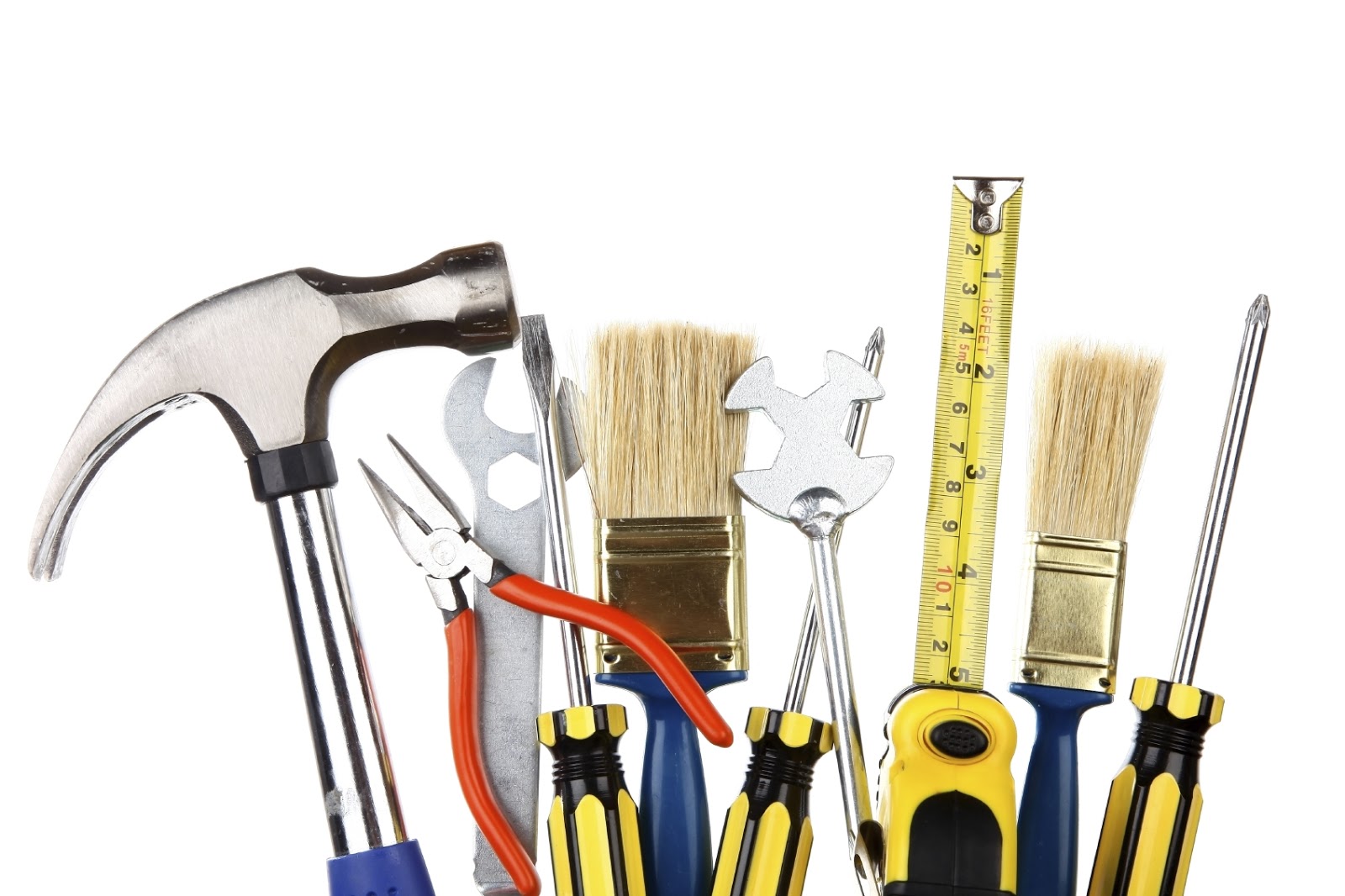



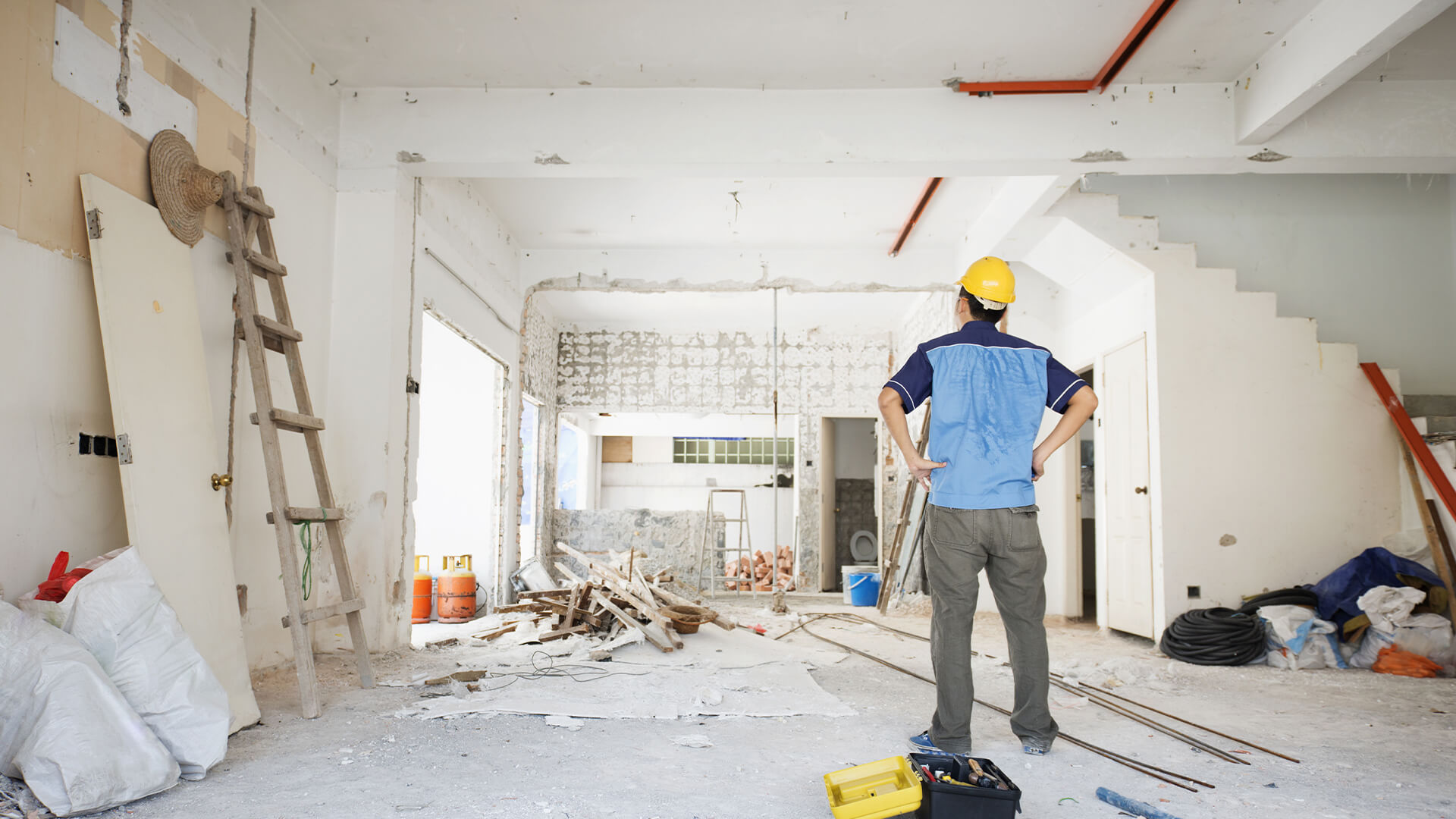
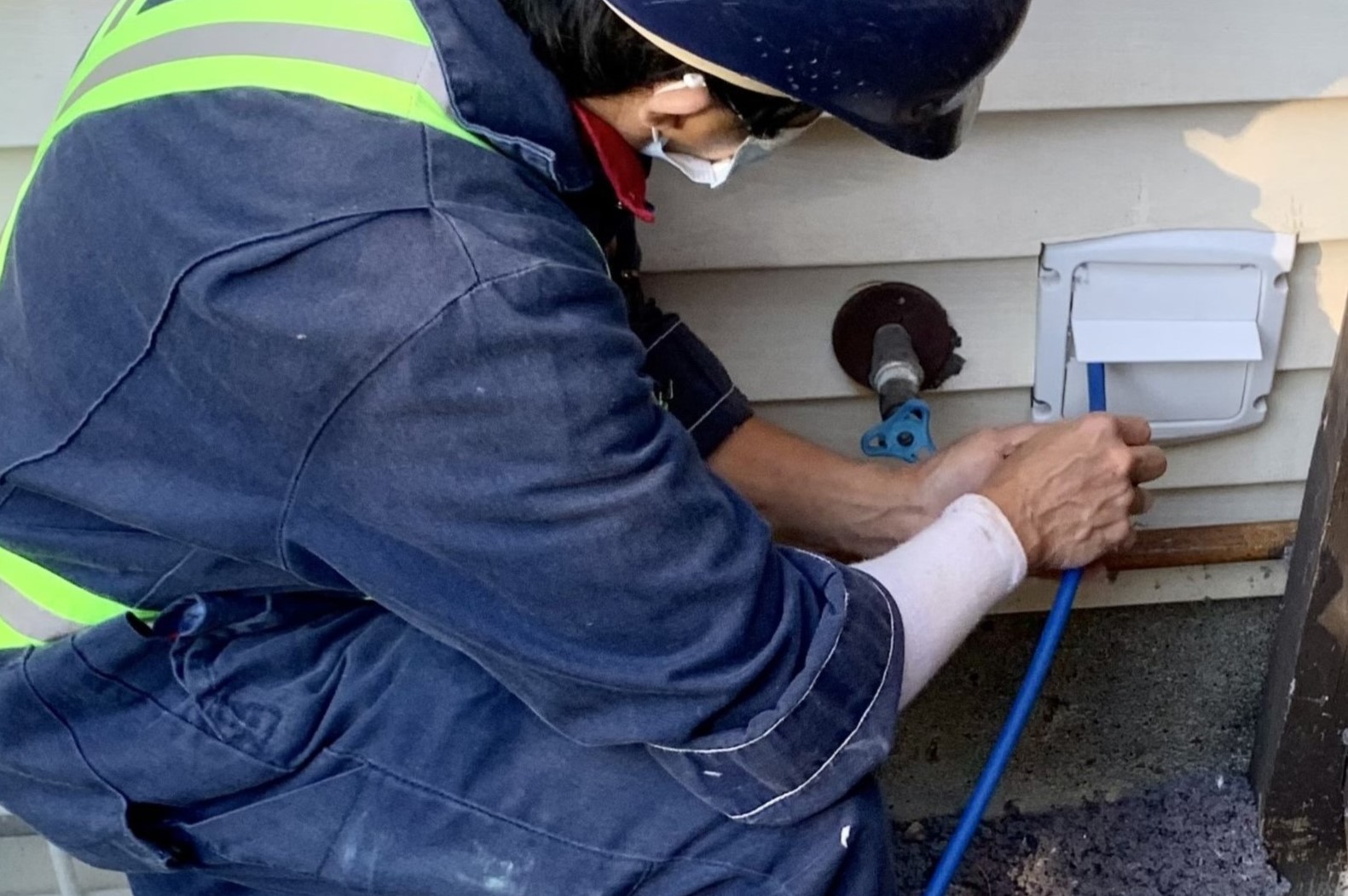

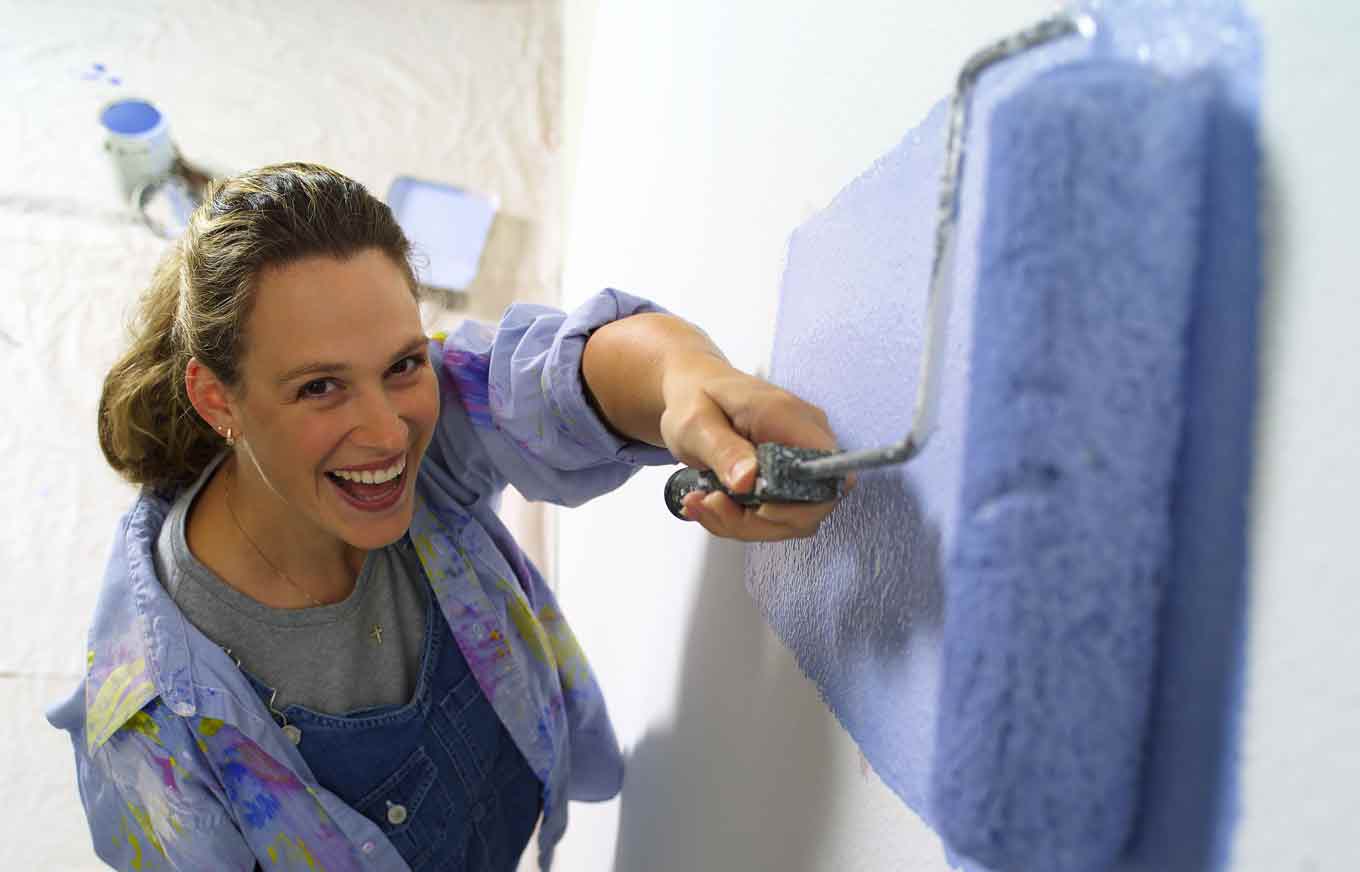
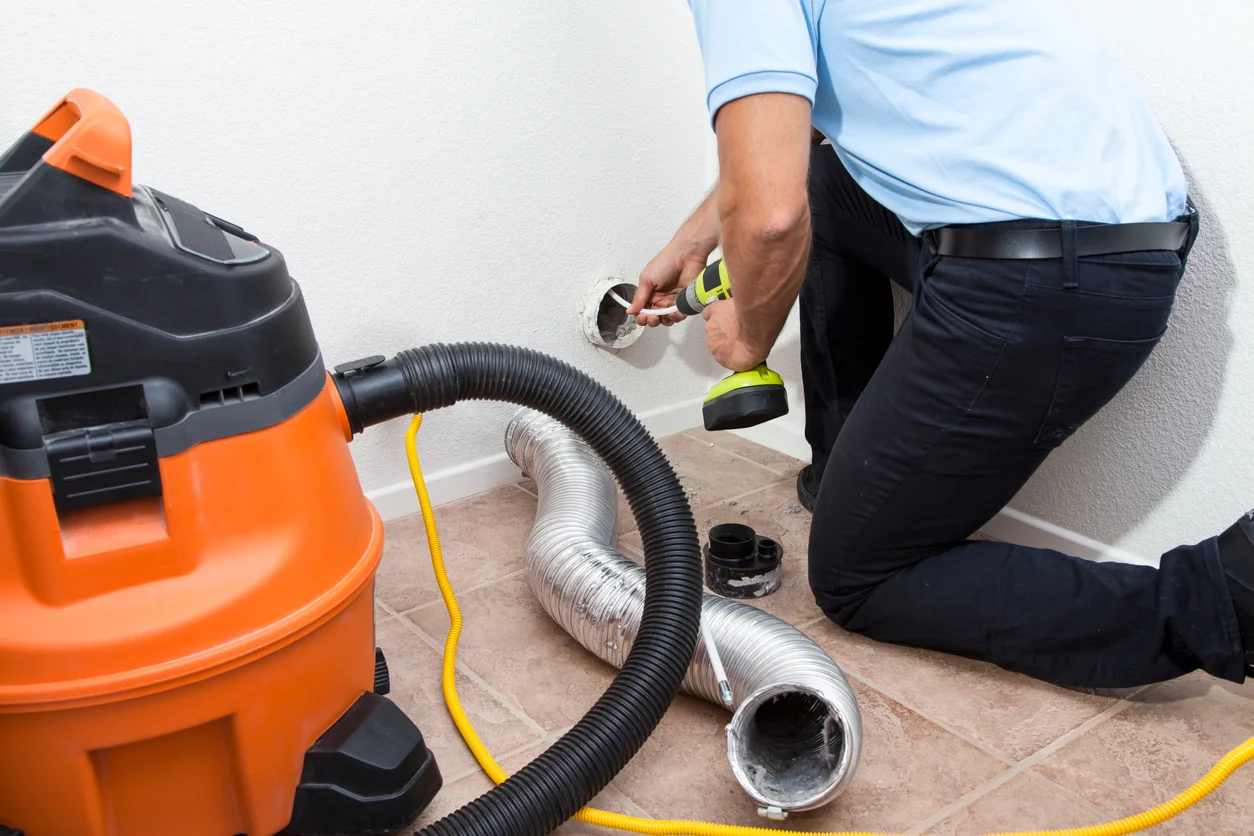
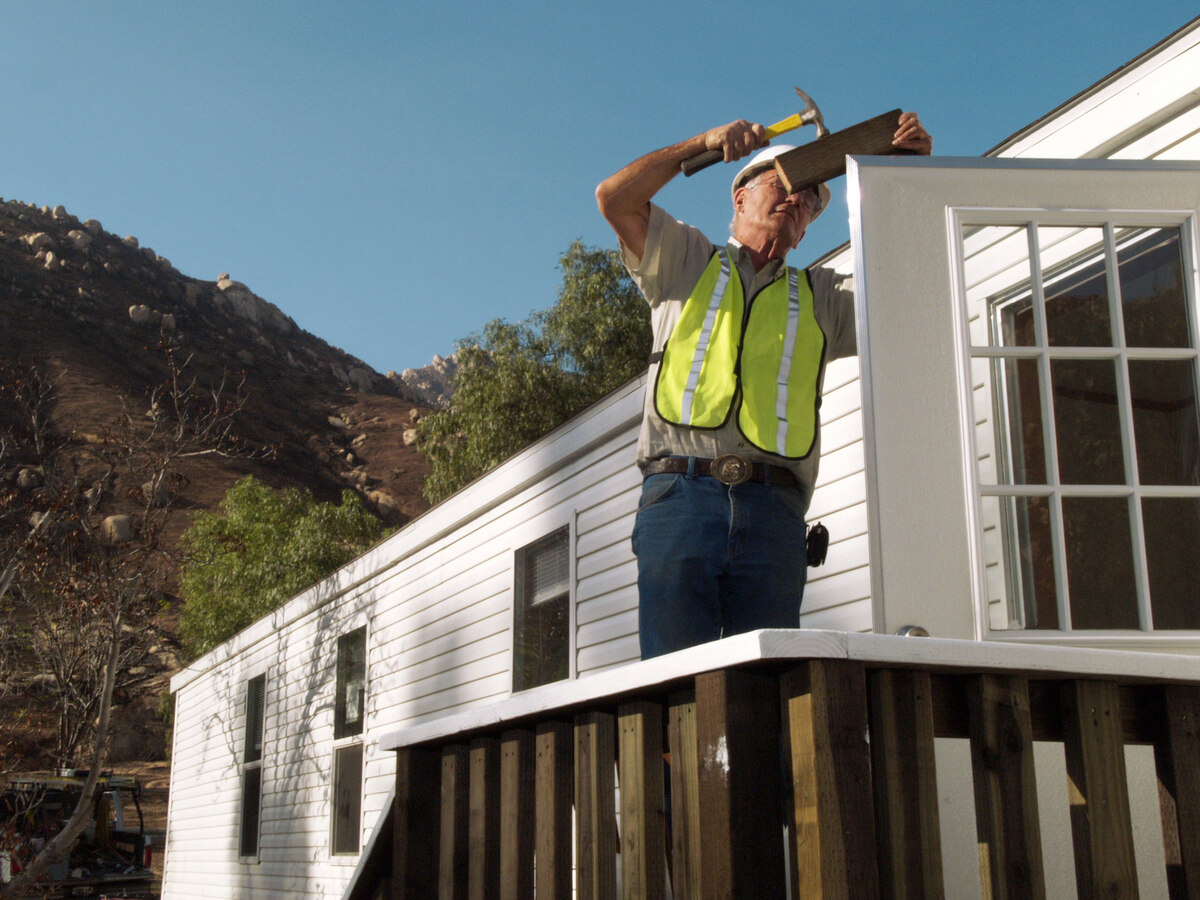





0 thoughts on “Who Orders A Home Inspection”